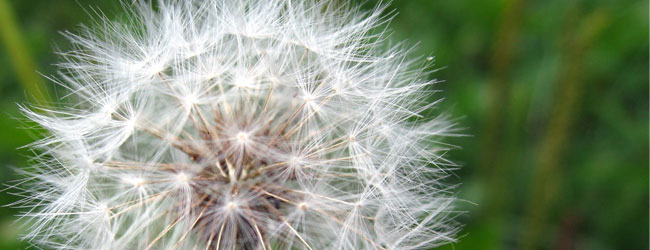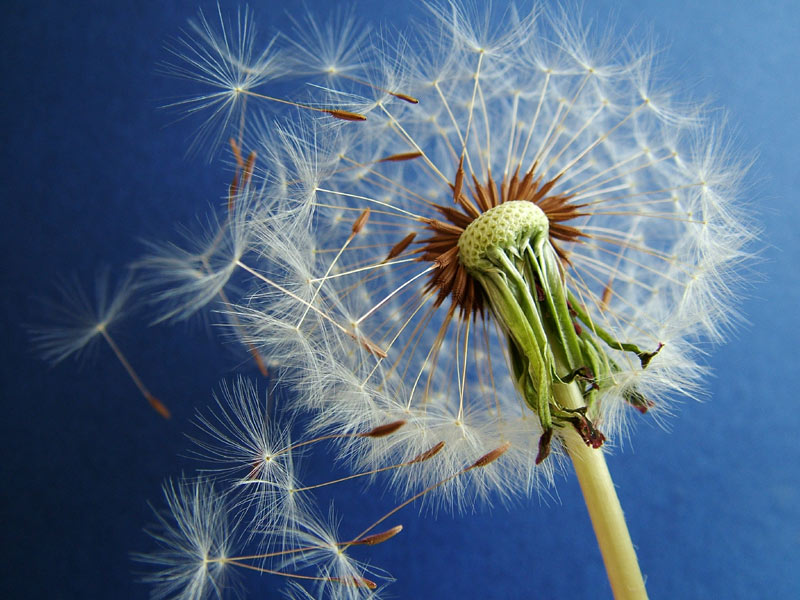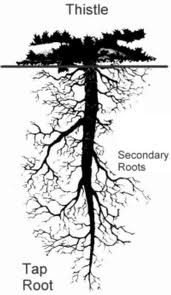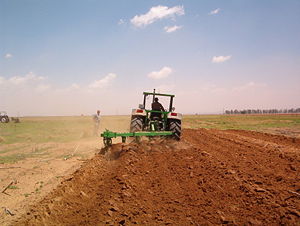A Permaculture Perspective on Weeds

Weeds are one of the most despised plants on the planet. People go to many lengths to eradicate weeds from the garden. Judging by the number of herbicides you can buy – its obviously a great money spinner for the chemical companies. But if you speak with Geoff Lawton a Permaculture teacher you get a different perspective on what actually is a weed and why it crops up in your garden.
“Weeds are just plant elements that fit into particular niches.” he said. “in every square meter of soil, there can be up to 2,000 potential seeds that will germinate.”
But here’s the catch…
“They will only germinate – given the right conditions.”
Those conditions can vary depending on the nature of your soil. If you thought weeds are just weeds and you’ll end up with the same weed constantly popping up – you’re quite right – until you change the nature of the soil.
What does that actually mean?
Weeds on Burnt Landscape
Lawton illustrates this point with a fire. “If we burn the landscape,” he says, “and we have a big fire on the soil, if you step back and watch what happens, the weeds that germinate are the weeds that are high in potassium because the fire burns off potassium.”
“The germination condition here is the important thing – and not the weed!” he said.
“The weed is just the symptom of the germination condition.”
The weed plants that grow after a fire event are the long straggly deep rooted sort of weeds. What they are doing is harvesting potassium by their longer root system and bringing it up to the surface. Its a particular sort of weed plant that will flourish in these sorts of condition.
What about Compacted Soil?
Farmers often struggle with land that is heavily compacted by machinery or hard footed grazing animals.
“If on that same piece of land we compact and knock all the air out of the soil and compact it very hard – then different weeds germinate.” he said.
In this type of soil different weeds will thrive. Dandelions will pop up in lawns. Deep tap-rooted plants will grow in these conditions.
“The plants that germinate on compacted soil have deep tap-roots.” he said. “Their function is to de-compact the soil.
Nature is in no particular hurry. When that plant dies – that long tap root is a compost corridor into the soil.
A perfect infiltration mechanism for air, nutrient and water.”
Heavily Plowed Soil
“If we go the other way, on that same piece of land – if we plow and till and dig and loosen the soil and keep it loose for a while and then walk away and watch – we don’t get fire-weeds to harvest potassium.” he said, “We don’t get deep tap-rooted de-compactors in these conditions,”
“We get plants that have a very dense fine hair root system that holds the soil particles together.”
“Their germination condition is soil that is too loose and susceptible to wind erosion and easily washed or blown away.” he said.
Amazing stuff.
Overworked Soil
“If the soil has been overworked and needs to recover, and it needs more organic matter…then the first pioneer plants, the plants we typically call weeds are typically nitrogen fixing plants.
Plants that are legumes. The beans and pea family, which have root attachment bacteria on their roots which are high in nitrogen that bring the nitrogen content up.”
“Once that nitrogen content is up – off you go into succession towards a climax eco-system of very sophisticated plant and animal interactions.”
What soil conditions will weeds NOT germinate in?
“Weeds don’t germinate in compost!” said Lawton, “A good one that is!”
“High quality compost will only germinate sophisticated high quality trees or high quality rain-forest or woodland trees.” he said.
Why is that?
“Because the soil condition is so good,” he said, “there is no germination condition for those reparative weeds.”
“Lets make sure we are friendly to our weeds and learn the lessons they have to teach us about landscape repair.”
We take a look at weeds in depth in Geoff Lawton’s Permaculture Soils DVD when it will be released later in the year.











Recent Comments